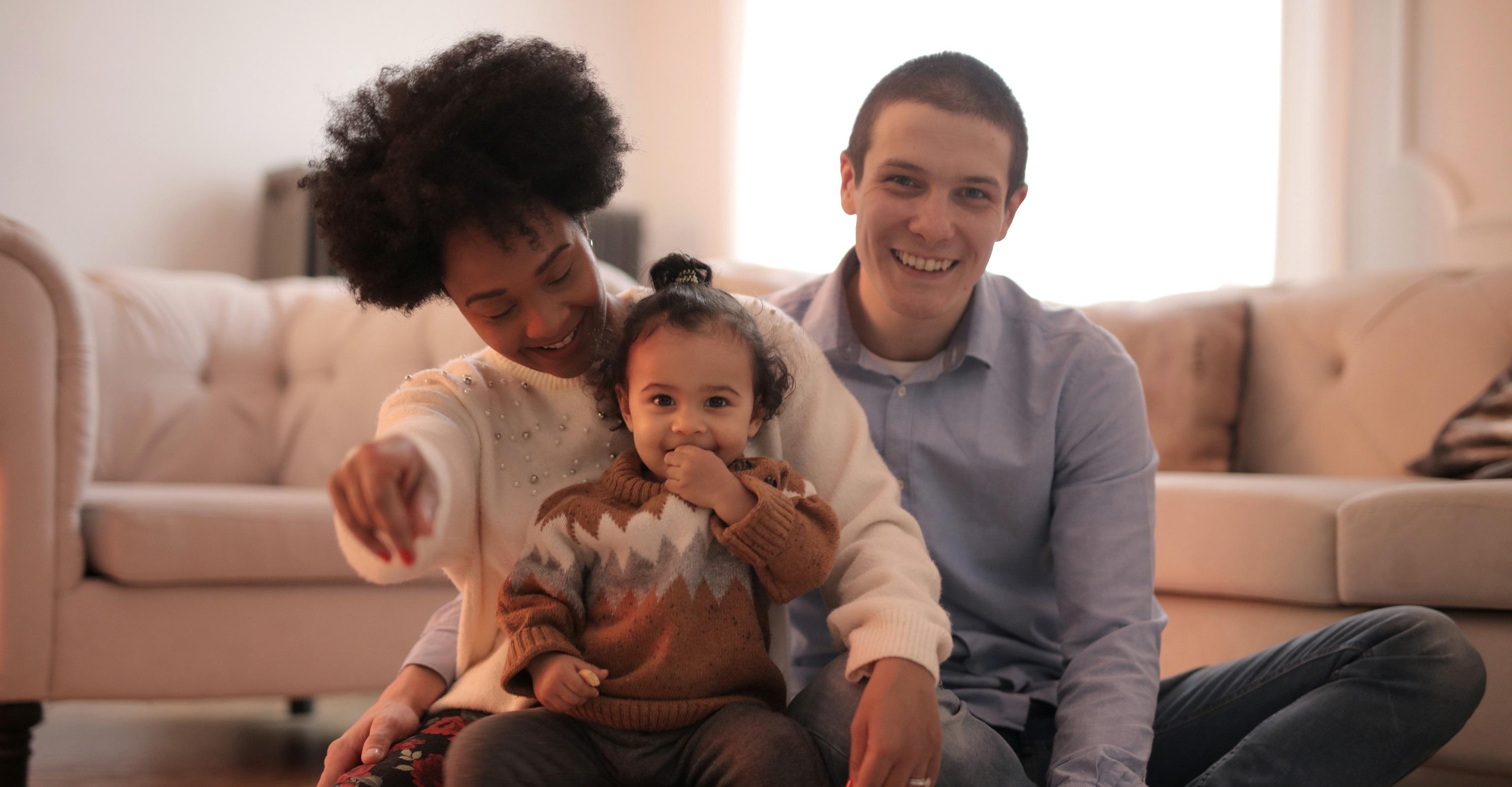- Home
- »Articles
- »Baby
- »Baby Signing
- »Benefits of Sign Language for you and your Baby



Benefits of Sign Language for you and your Baby
11 February 2023
Sign language can help babies communicate their needs, reduce their feelings of distress, help them understand boundaries, enhance language development and strengthen cognitive skills from an early age.
What is Baby Sign Language?
Baby sign language uses simple hand gestures to ease communication between adults and babies. Between the ages of 4 and 6 months, babies begin acquiring sign language. Designed to fit together with adult sign language, the same universal hand gestures are used for key baby words such as "milk", "more", "help", "yes", and "no".
Communication
Having the means to communicate allows your baby to get what they want and express their needs more easily. As your baby gets older, it can also help to lessen frustration for them and possibly even reduce outbursts and tantrums. This regular, two-way conversation can also help you and your child develop a stronger bond, often by elaborating communication further. For example, rather than simply communicating that they’re thirsty, your baby might signal that it’s specifically milk they'd like. They might also say “thank you!”
Neural development
Communication is central to a child’s social, emotional, behavioural, and cognitive development. Scientific studies repeatedly show that an engagement with a caregiver built on two-way communication has a profoundly positive effect on a baby’s development. Baby sign language opens up this communication very effectively. It has also been suggested that learning a visual mode of language (such as signing) alongside verbal language goes even further to improve cognitive development.
Language development
In some studies, children who had learned symbolic gestures performed higher in tests looking at both the ability to understand and to express language. This ability then continued into older age. Baby sign language also helps to develop concepts that are actually quite complex for young children. For example, there are sign words for "sorry," "share" and "you’re welcome," which, without sign language, might take a little while for a child to understand fully. Being proficient in these areas before they begin nursery and school settings allows children something of a head start when getting to grips with new concepts and social situations.
Sign language as a life skill
A skill learned early in life is likely to embed itself deeply. Any baby or child who becomes proficient in baby sign language should have no problem adapting to other sign languages and communicating with those who are deaf or hard of hearing. Knowing how to sign is a valuable skill in itself, especially for young people as they grow up and meet those from other backgrounds.
Self esteem
As your baby learns to communicate their needs and get what they want, their self-esteem will grow, too. The opposite of the frustration that a baby might feel at not being understood will be a positive feeling of success and a warm connection with their caregiver. You, too, will feel good about being able to meet your baby’s needs and understand them.
